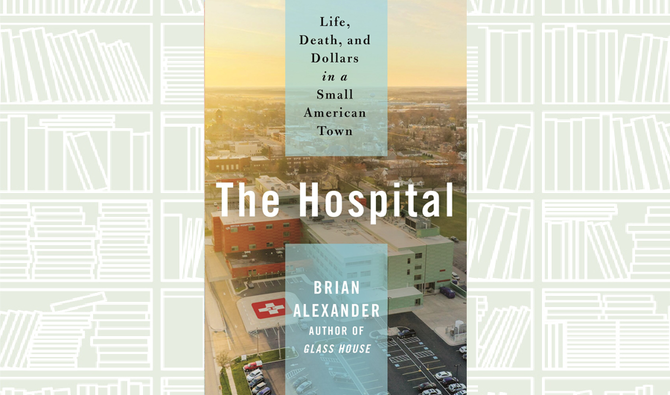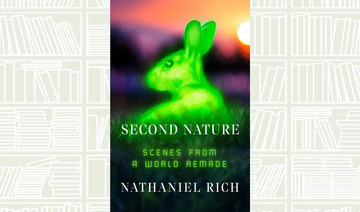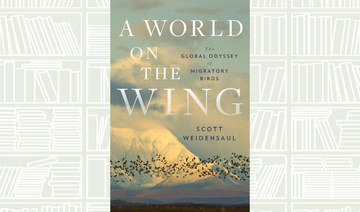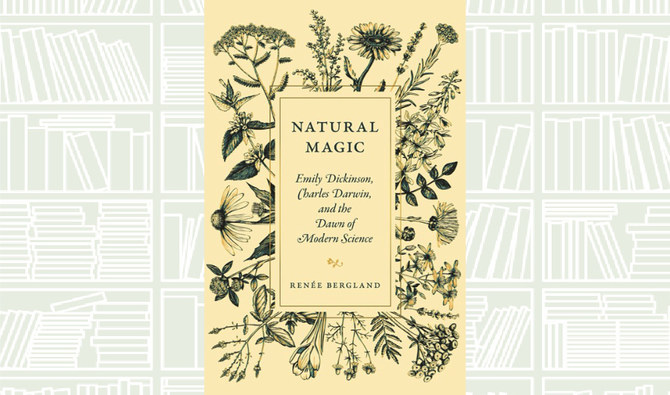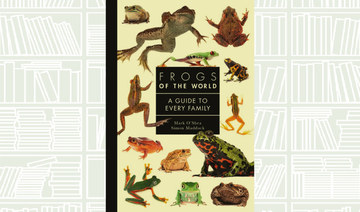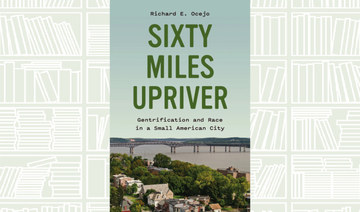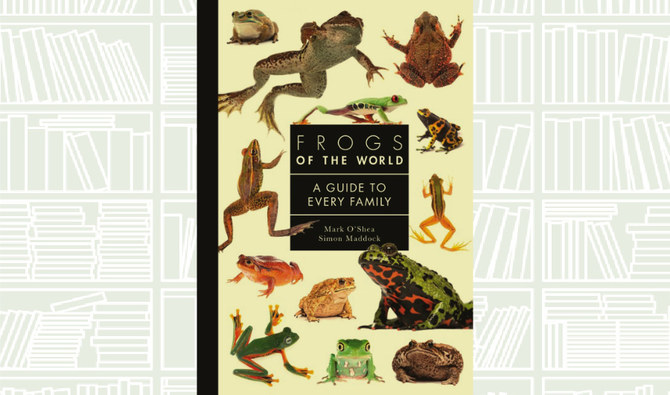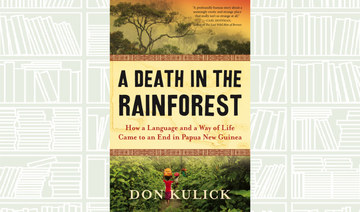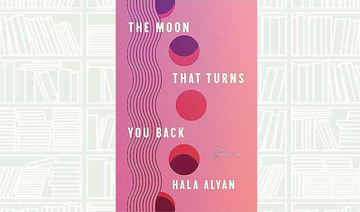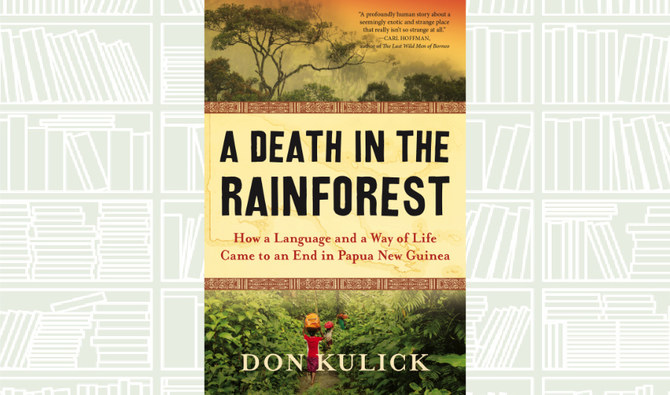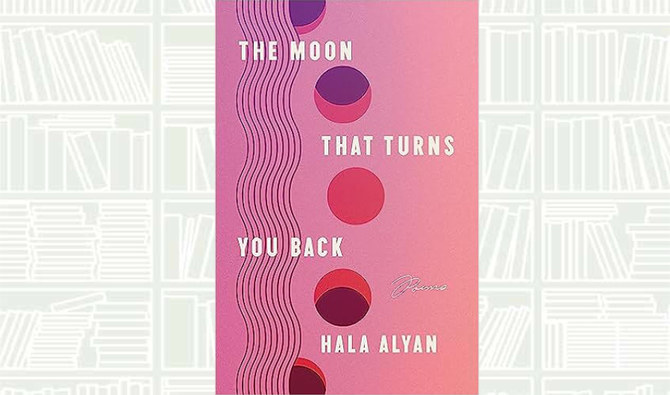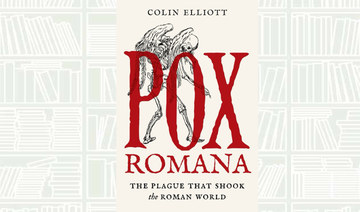Author: Hala Alyan
The first time I heard Palestinian-American artist Hala Alyan speak was when she acted in the starring role in Lebanese-American filmmaker Darine Hotait’s 2015 short film, “I Say Dust.”
In those 15 minutes of beautifully shot frames, you visually travel through time, space and various emotional states as Alyan leads the way.
Both Hotait and Alyan were deliberate in showcasing their Arab-centric stories of belonging and identity. Alyan’s fierce eyes were kind but intense on the screen; her movement was soft but firm and when she spoke, she left you speechless — but in the best way.
In the film, she was the epitome of poetry, and now you can explore Alyan’s words further with her latest work, a book of poetry titled, “The Moon That Turns You Back,” which was published in March this year.
For the past decade or so, Alyan has explored stories of complexities of identity and the impact of displacement, especially in relation to the Palestinian diaspora. In this latest collection, her writing takes us through Brooklyn, Beirut, Palestine and places that exist in between or in fragmented memories.
Alyan said that she does not have just one middle name, she has six, and not a single one of those are her mother’s. She writes evocative and concize lines such as “A city full of men still has a mother,” and “every time I tell the story, I warp it,” and her poetry is vividly descriptive with lines such as “lipstick like a sliced finger.” She also writes relatable lines such as “I’m terrible at parties, secrets and money,” and “a body is a calendar of breaths.”
The book contains various poems, some experimental, some soaked in grief, some documenting the mundane, but always with a purpose. She perhaps sums it best when she writes: “I remember so you can forget.”
Alyan is an adjunct assistant professor of applied psychology at New York University after earning her doctorate in clinical psychology from Rutgers University. She has also published several novels and well-received essays. She won the Arab American Book Award in 2013 and the Dayton Literary Peace Prize in 2018.



